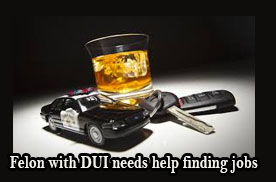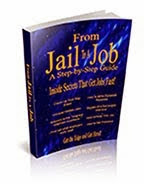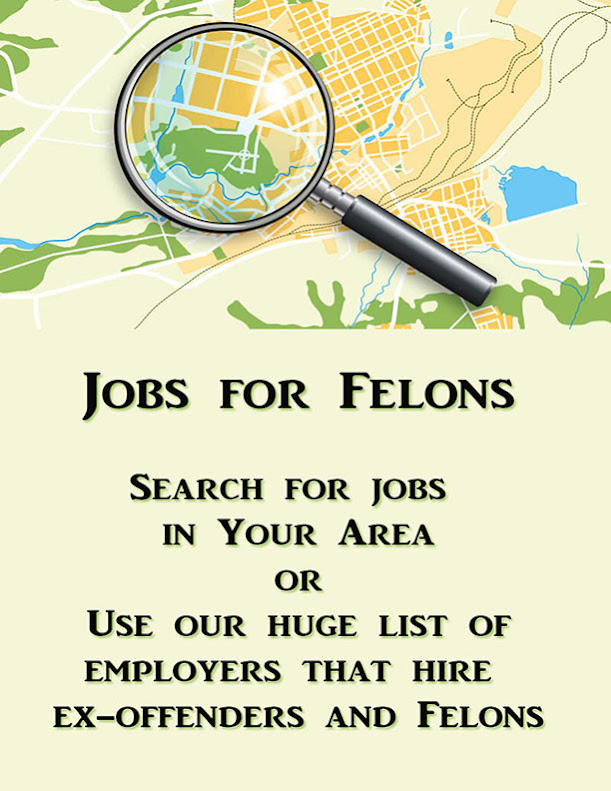How Ex-Felons Can Get Hired in Tech
Convicted felons face a notoriously difficult challenge in finding work after their release from prison. According to the Center for Economic and Policy Research, “It is not simply that individuals who commit crimes are less likely to work in the first place, but rather, that felony convictions or time in prison act independently to lower the employment prospects of ex-offenders.”
That remains true despite a number of jurisdictions—including the federal government and 24 states—enacting “Ban the Box” legislation that requires employers to ask about criminal convictions only after initial screenings. In addition, more governments now push employers to consider issues such as whether a conviction has any bearing on the job on offer, mitigating circumstances and evidence of rehabilitation.
When it comes to convicted felons’ job prospects, a number of officials and community organizations believe that technology is an unusually forgiving industry. That’s especially true in Silicon Valley and the East Coast’s technology hubs, said Chuck Pattillo, general manager and executive officer of the California Prison Industry Board, a state organization that provides offenders with work and training programs while still incarcerated.
The main concern of tech companies, Pattillo said, is whether an individual can do the job. “Yes, there’s going to be a background check. But there’s more to a background check than a yes or no question.”
According to the online community Jobsforfelonshub.com, a number of brand-name tech firms will consider convicted felons for employment. These companies include Apple, AT&T, IBM, Sony, Tesla and Xerox. So will enterprises with large IT operations, such as Boeing, Kohl’s and United Airlines.
In many ways, former prisoners should conduct a job search like anyone else: with lots of research, targeting, and planning. But there’s also no question that a criminal record presents extra hurdles during the process. Bootcamps and other tech-centric programs, both inside and outside of prison, may have helped a former prisoner master certain technical skills, but they still have to pay special attention to other areas. Some things to think about:
Always, Always Be Honest
According to Pattillo, the CPIB encourages people to include their prison time on their résumé. “Basically, you want to say, ‘Yes, I was in prison and this is what I learned there,’” he said. Programs like The Last Mile’s, he notes, “are well-known in the tech industry.”
“It’s critical to bring up your past before the employer discovers it in a background check,” added Mark Drevno, executive director of Jails to Jobs, a Lafayette, Calif., non-profit that helps ex-offenders prepare for their job search. He coaches former inmates to focus on identifying the hiring manager and having a frank conversation with them. “Tell them your turnaround story,” he said. “You want to show them how you’ve changed.” Ultimately, the manager should become your advocate with HR, placing your background in proper context.
Understand the Background Check
Companies that conduct background checks say that many employers look beyond the simple fact that you’ve committed a crime. They take into account your offense, how much time since it occurred, whether you’re a repeat offender and how your record relates to the job at hand.
A number of HR executives suggest the background check serves as something of an integrity test. If you’ve gone through an interview with the hiring manager and didn’t volunteer the story of your conviction, most companies will end the process as soon as they learn of your offense.
Pay Attention to Your Appearance (and Lose the Tattoos)
In particular, Drevno said, think about your tattoos (if you have any): “A quarter to a third of people coming out of prison have visible anti-social, gang-related tattoos, and those are real job-stoppers.” Fortunately, many groups and dermatologists will remove them free-of-charge. Jails to Jobs provides a list of such resources here.
Remember that the tech world is in something of a labor crisis right now. Recruiters, HR practitioners, managers and other industry experts agree that there are more jobs than candidates in areas such as software development. While paying heed to Drevno’s advice to only apply for jobs you’re truly qualified for, keep in mind Redlitz’s observation that, in this environment, “people are less concerned with your background and more concerned with your product.
This article appeared on Dice.com here
How Ex-Felons Can Get Hired in Tech
Jobs for Ex-offenders and Felons: Where can Ex-offenders Find Jobs
Jobs for Ex-offenders and Felons: Ten Steps to Getting a Job with a Criminal Record
Companies Hire Felons | Companies That Hire Felons | Companies That Hire Ex-offenders | Employers That Hire Ex-offenders | Employers That Hire Felons | Jobs For Felons | Jobs For Ex-offenders | Jobs That Hire Felons | Resumes for Felons | Felon Friendly Jobs | Felon Friendly Employers | Jobs for Felons | Jobs For People That Have Felonies | Jobs For People With A Criminal Record | Tech Careers for Felons












